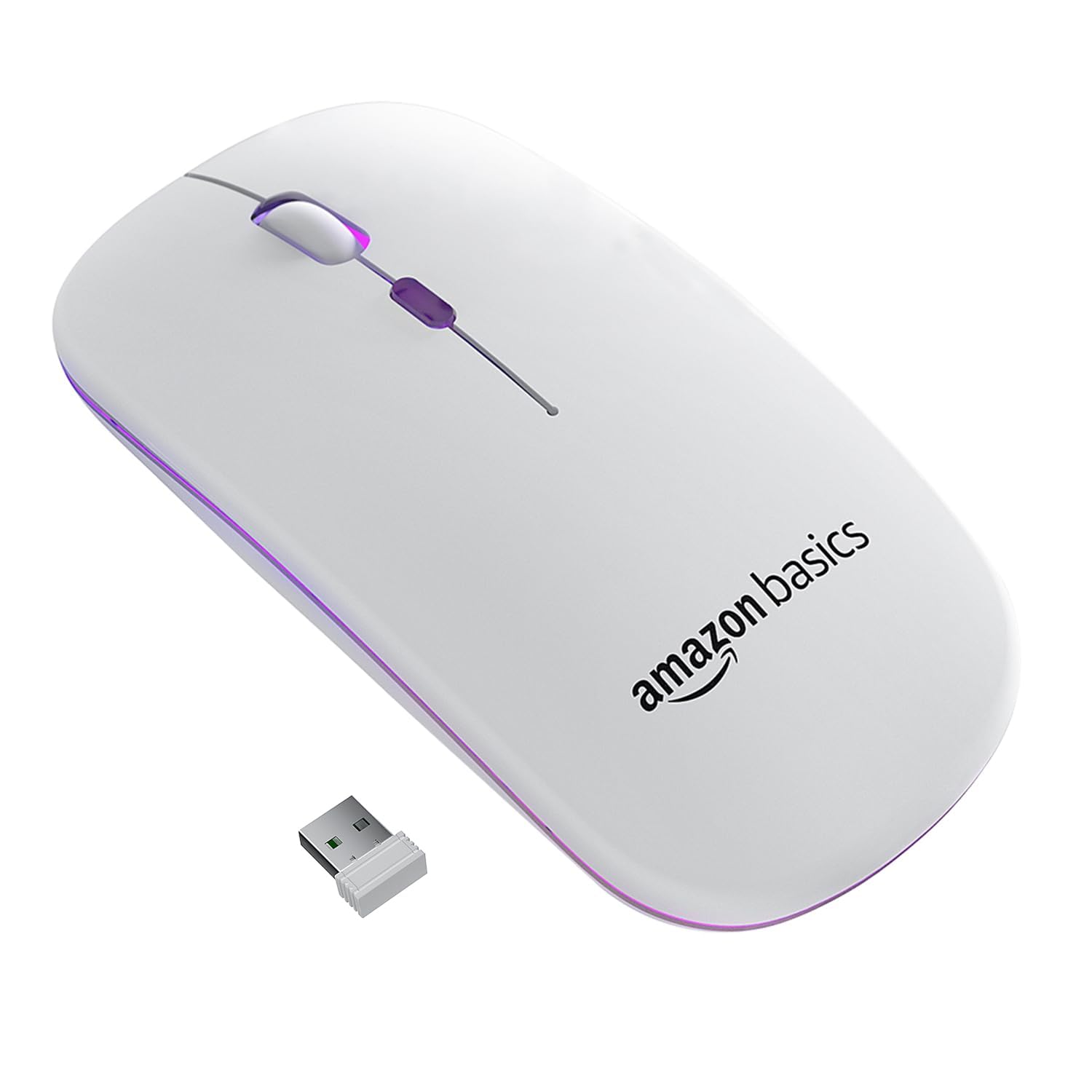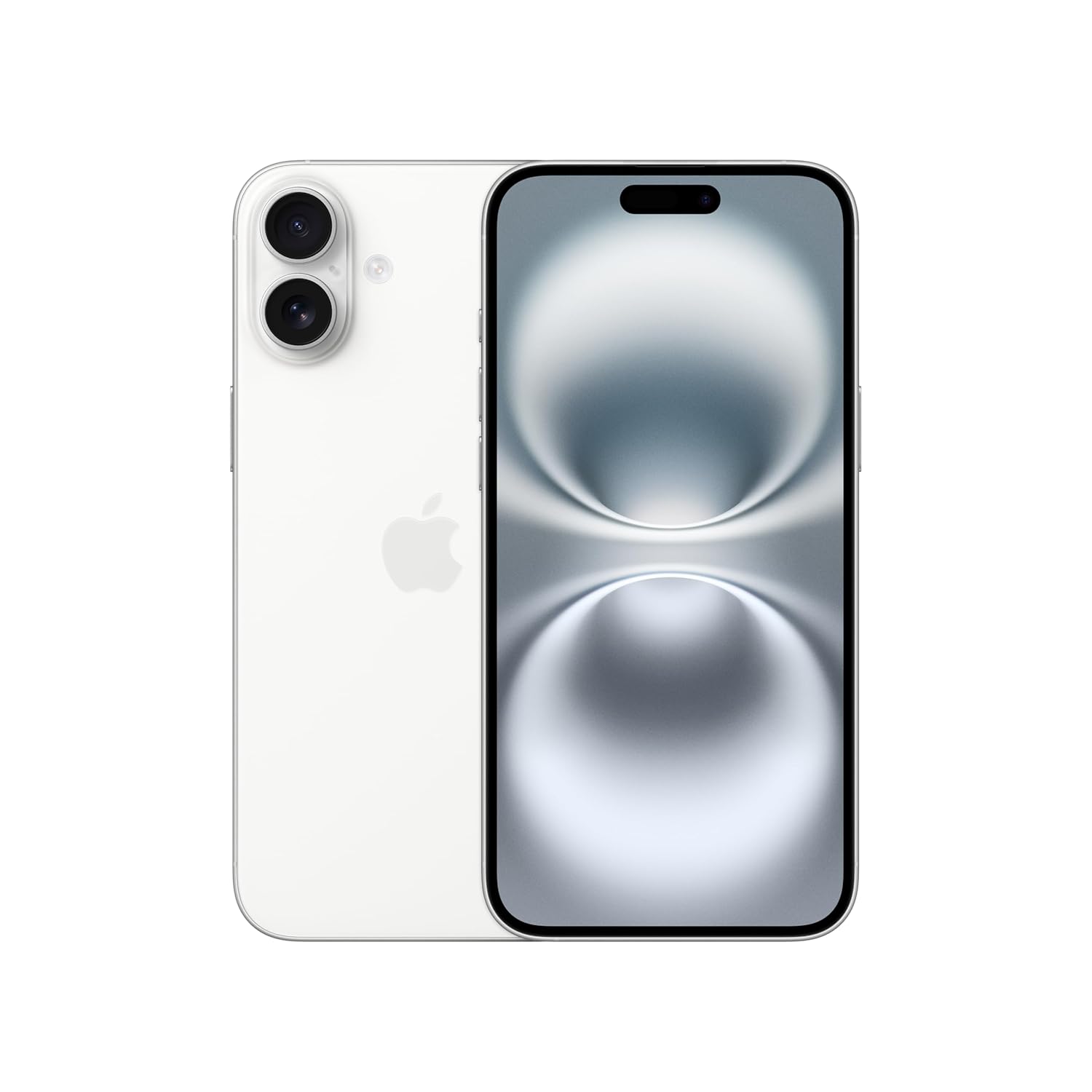February 23, 2024
Advanced Techniques in Framer: Unlocking the Full
Framer isn't just a pretty face for prototyping; it's a powerhouse packed with advanced techniques that can elevate your designs and interactions to the next level. Whether you're a seasoned pro or just dipping your toes into the water, there's always something new to learn. So, let's dive into some of the most impactful techniques to push your Framer skills to the limit:
1. Mastery of the Grid System:
Framer's grid system is your key to achieving pixel-perfect layouts and responsive designs. Beyond the basics, explore nested grids for complex structures, learn to leverage auto-layout for dynamic sizing, and master spacing and alignment options for a polished look.
2. Component Magic:
Components are the heart of reusability and scalability in Framer. Take them beyond simple elements by utilizing overrides for creating variations, nesting components for intricate interactions, and exploring libraries for pre-built UI elements.
3. Animations that Captivate:
Framer's animation capabilities are no joke. Go beyond basic transitions and delve into complex timelines, custom easing curves, and animation libraries like Framer Motion for fluid and engaging user experiences.
4. Code as Your Canvas:
While Framer is visually intuitive, don't shy away from code. Use JavaScript and React to add custom logic, integrate data, and build truly interactive prototypes. Start with simple scripts and gradually expand your coding muscles.
5. Embrace Advanced Interactions:
Don't settle for static interactions. Leverage features like multi-touch gestures, scroll triggers, and device sensors to create immersive and dynamic experiences. Explore tools like Lottie for integrating micro-animations and adding depth to your prototypes.
6. Collaboration & Workflow Hacks:
Framer shines in teamwork. Utilize version control with git integration, share prototypes for feedback, and collaborate in real-time. Explore plugins like "Inspect" for debugging and "Content Reel" for managing content across screens.
7. Design Systems Made Easy:
Framer is a design system dream. Use components, styles, and tokens to establish a consistent design language, build a centralized library, and automate design handoff for seamless development.
8. Beyond Prototyping:
Think outside the box. Framer can be used for more than just prototypes. Build micro-apps, landing pages, or even simple websites with custom code and integrations.
9. Stay Ahead of the Curve:
Framer is constantly evolving. Keep exploring new features like AI-powered design tools, advanced prototyping capabilities, and integration with other platforms. Be an active learner and participate in the vibrant Framer community.
10. Experiment and Have Fun!
Remember, the best way to learn is by doing. Experiment with different techniques, push your boundaries, and don't be afraid to break the mold. There's no limit to what you can achieve with Framer, so dive in and start creating





